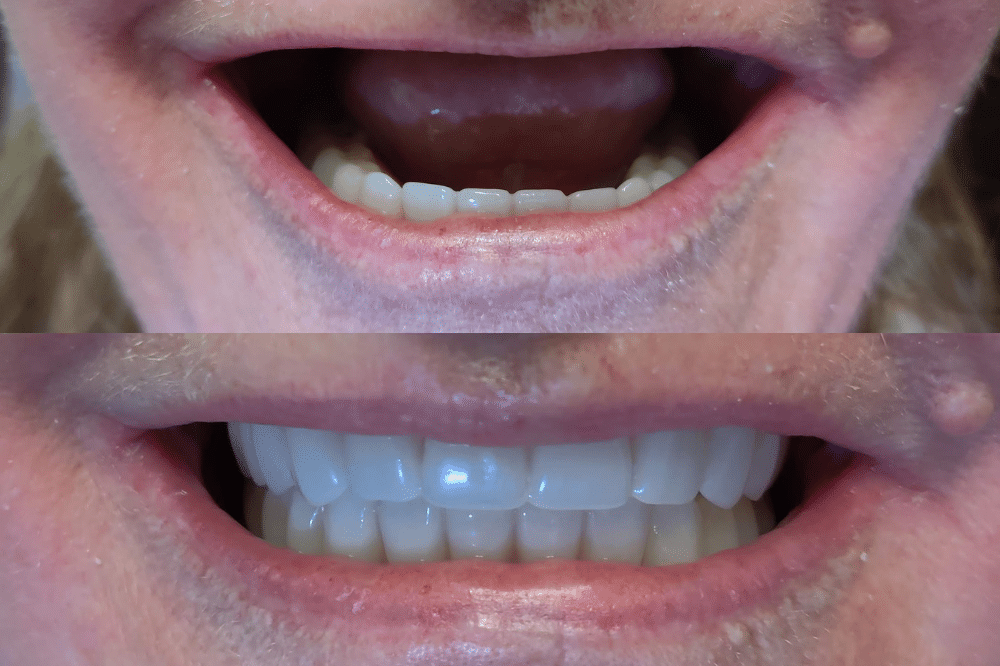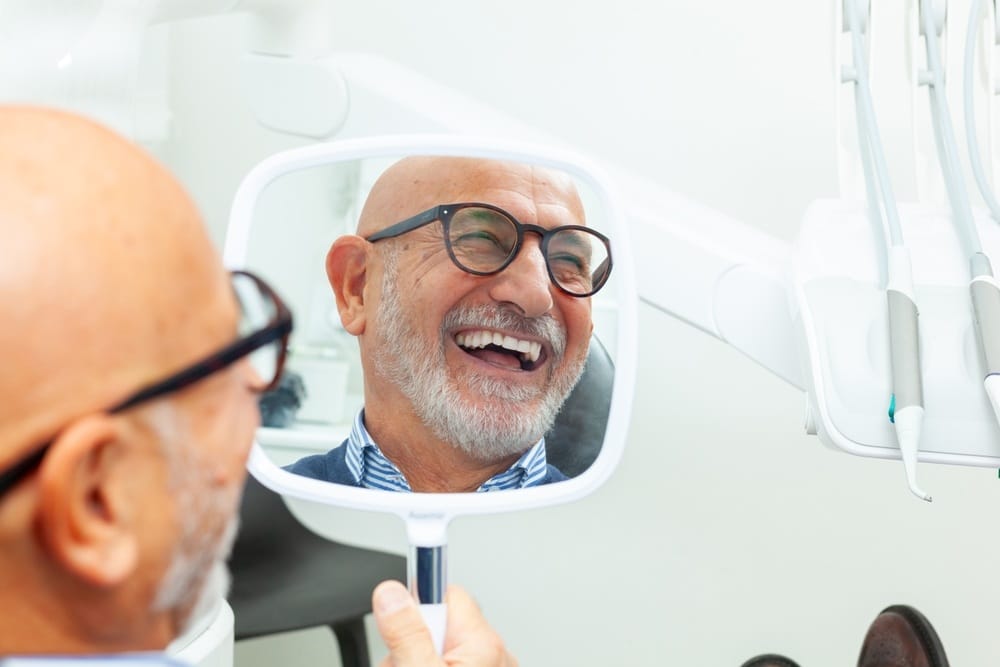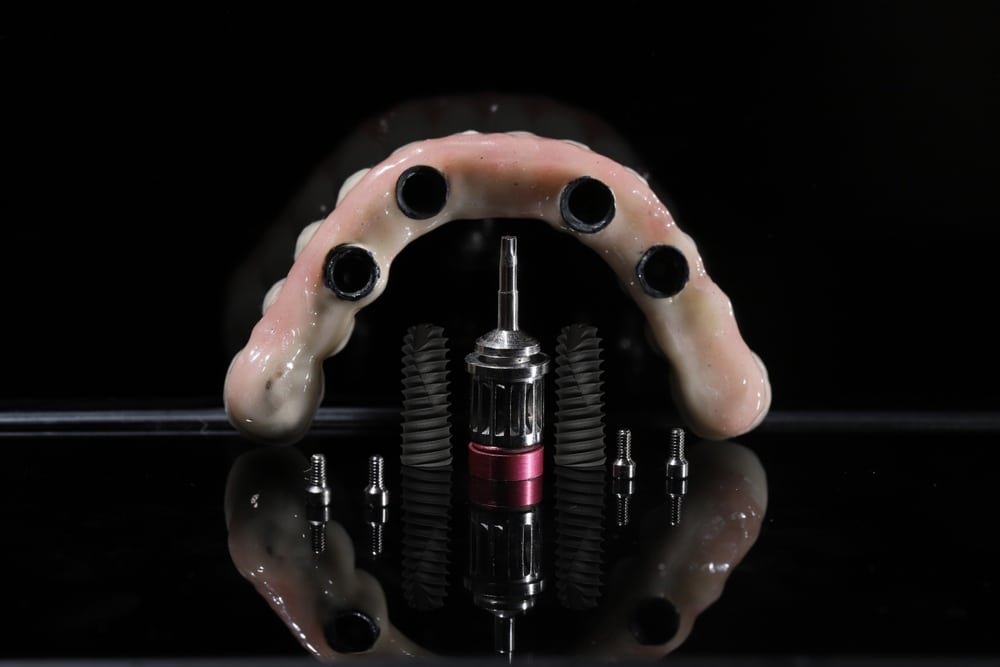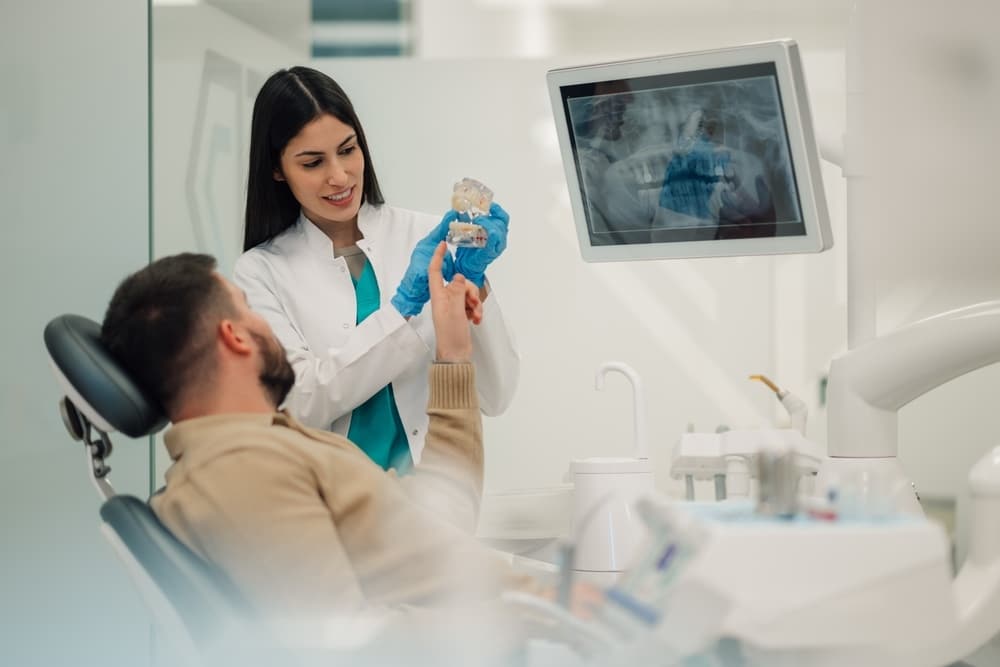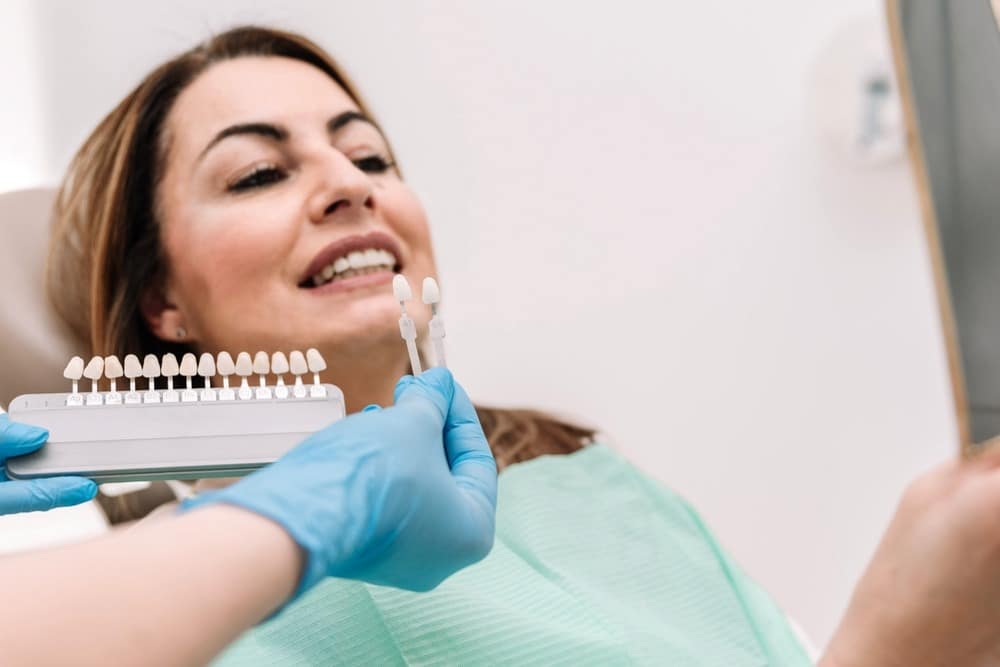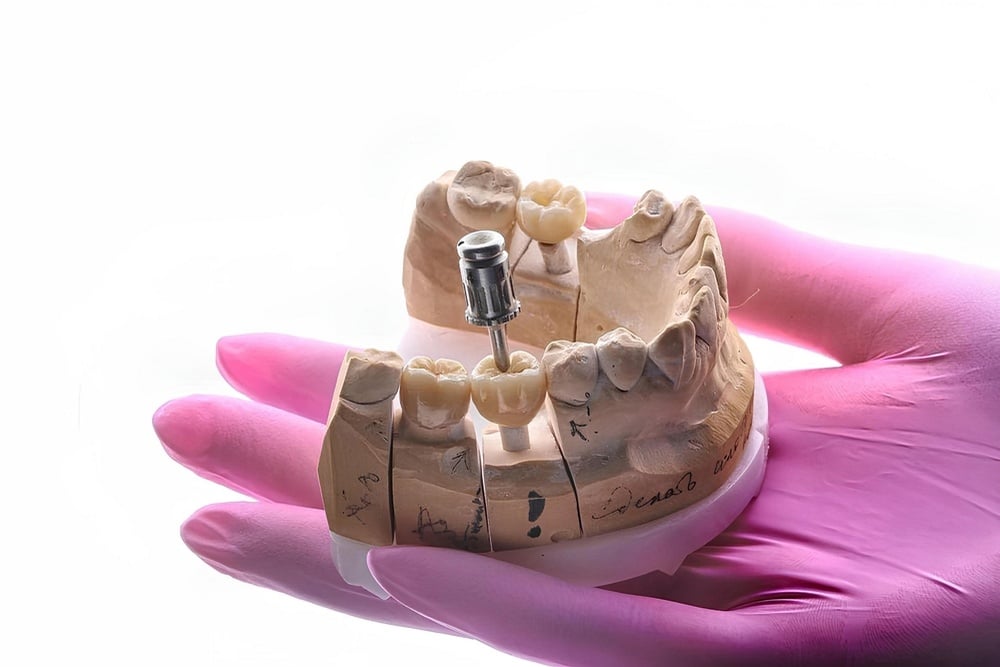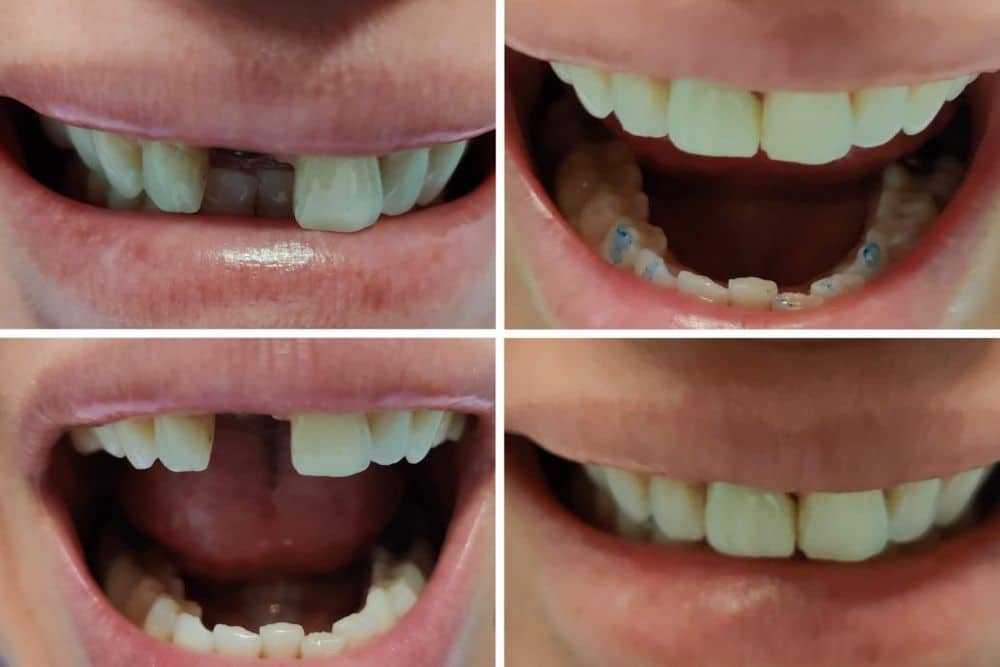If you have sleep apnea, then you know all too well that a good night’s sleep is necessary to a having a happy and productive life. Luckily, there are things you can do to improve your situation. This article will help you get started.
Stopping bad habits may help with your sleep apnea. Few things are worse for sleep apnea than drinking and smoking. Drinking potentially causes extreme breathing issues because it reduces the ability of your respiratory system to function. When you smoke, you fill your lungs with carcinogens and cause severe damage. Dropping both these habits entirely will help ease the symptoms of sleep apnea.
Sleep Apnea also affects children. There are a multitude of symptoms that can determine whether your child has sleep apnea. Sleep apnea symptoms can mimic those of ADHD, but only a doctor can give the proper diagnosis.
Sleep in a prone position. Some sleep apnea patients lay on their backs. Sleeping one one’s back can cause constriction of the throat muscles. It is best to sleep on one of your sides or your stomach. Prop pillows on one side to prevent you from rolling on your back while sleeping.
A good physical exam, and a look at your family history, can quite often easily determine sleep apnea’s presence. You might also undergo a sleep study. Dependent upon what your personal physician discovers, they might give you a referral to see a sleep specialist.
Minimize your risk from the conditions causing sleep apnea. Some risks are inherent, such as family history or being male. However, things like quitting smoking and drinking are within your control, and there’s no excuse for continuing these detrimental behaviors.
Sleep Apnea
Having your sleep apnea diagnosed by your physician is important; however, some options for self-help may be beneficial to you. Quitting smoking and losing weight are great for anyone, but are even better for sleep apnea patients. You will definitely want to stay away from alcohol and caffeine, along with late night heavy meals before going to bed.
Try not to sleep on your back if you are prone to sleep apnea. Most people with sleep apnea habitually sleep through the night on their backs. This causes the throat muscles to collapse, blocking the airway. Use a wedge pillow to stay propped up on your side.
Sleep apnea should not be ignored; it needs to be treated. There are a variety of treatments that you can do, but they take time to work. One good way to lessen sleep apnea episodes is by losing weight, but there are thin people who suffer from sleep apnea as well. CPAP machines and other non-invasive therapies have worked for millions of apnea sufferers. However, there are people who prefer surgery over apparatus. Whichever route you choose, getting proper treatment can improve your sleep and your life.
You can help lessen the effects of sleep apnea by doing exercises which strengthen the throat muscles. When the soft tissue of the throat collapses, the airway becomes blocked and sleep apnea occurs. If your muscles are stronger, their chances of collapsing and blocking your airways are minimized.
Sleeping face-up can worsen sleep apnea symptoms, so make an effort to face sideways when sleeping. One method to prevent yourself from changing positions during sleep is to sew a spherical object like a tennis ball into your nightclothes. You can sew a pocket onto the back of your pajama shirt to put the ball or socks in.
Life is hard enough without having to deal with sleep deprivation. A little sleep can go a long way, and this article may have helped you get that sleep you’ve been missing.

